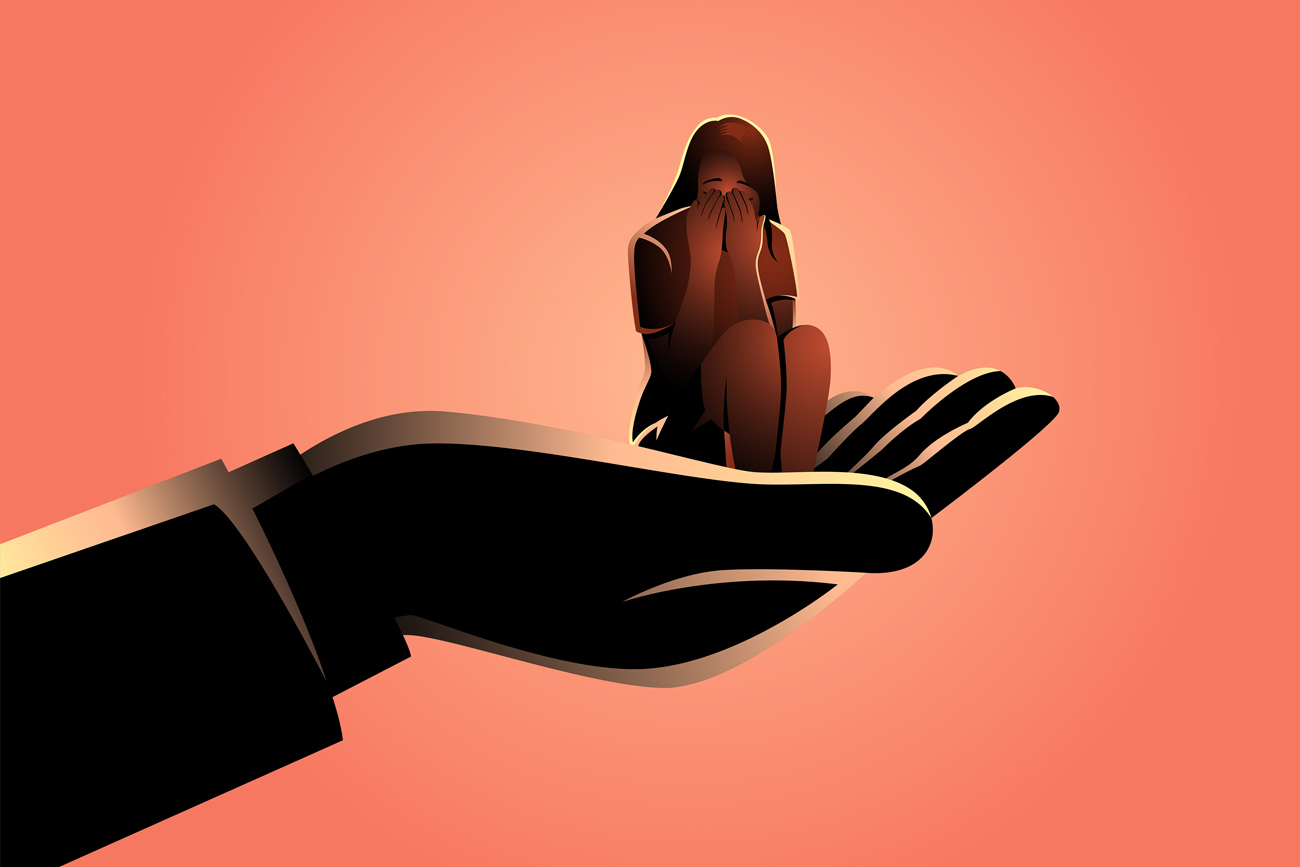
How To Cope With Grief And Loss
Have you lost a loved one? Grief is a normal emotion that is usually experienced during this time. However, people can also feel grief after a relationship has ended, when physical (often sentimental) possessions are destroyed or stolen, after leaving a job, and in many other situations relating to loss. If you have experienced a situation of this kind, you may be wondering how to cope with grief and loss.
Dr Christos Kouimtsidis, Consultant Psychiatrist, explains: “People can deal with grief in different ways. Some might want to spend time alone, whereas others may find comfort in spending time with friends and family. Some people may be irritable, sad, fatigued, or may turn to substance use or reckless behaviour as a coping mechanism. Then there are others who may appear to be coping well in public, but not so well in private. Grief affects everyone differently, and for different lengths of time. It is important to remember that there is no ‘normal’ way to deal with loss.
“There is also no ‘quick fix’ for grief, but understanding this emotion and its different stages can help you process how you feel and create an action plan to maintain good mental wellbeing.”
The five stages of grief
The five stages of grief were first recorded by Elisabeth Kübler-Ross in her 1969 book, On Death and Dying. Kübler-Ross identified five stages after working with terminally ill patients, all of whom she determined went through a similar pattern of emotions as they faced their own death. These stages are as follows:
- Denial – people often try to pretend that the loss has not taken place as a way to protect themselves from pain. When applied to the death of a loved one, they might try to convince themselves or others that their loved one is still alive, avoid reminders of the loss, and stay busy all the time to avoid thinking about it.
- Anger – anger is a natural reaction when someone experiences loss, especially if the loss could have been prevented. Those experiencing this stage of grief may be angry with themselves or others, and this may present as irritability, hurtful words and actions, and/or violence.
- Bargaining – some people try to ‘bargain’ with a ‘higher power’ such as God or the universe in order to bring back what they have lost. They may try to offer themselves in exchange, or promise to be a better person if the loss can be undone.
- Depression – as the loss becomes more ‘real’ and unavoidable to the mind, depression may manifest as low mood, fatigue, social isolation, loss of interest in activities and poor sleep.
- Acceptance – the final stage of this process doesn’t necessarily spell an end to the grief that is felt; instead, reaching the point of acceptance means no longer resisting the idea of the loss. Pain, sadness and regret may still be present during this stage, and can resurface with memories and thoughts about the loss.
Contemporary scholars have proposed that there are seven stages of grief, expanding on Kübler-Ross’ five. The stages of this more complex model are as follows:
- Shock and denial
- Pain and guilt
- Anger and bargaining
- Depression and loneliness
- The upward turn
- Reconstruction
- Acceptance
Whatever model you feel is most relatable, it is important to remember that these stages of grief are not linear. You may not experience all of the stages, and they might not happen in the same order. It is also important to note that grief is a process. It takes time to heal from loss, and there is no right or wrong way to grieve.
Physical symptoms of grief and loss
Grief is not only a mental process. When going through a loss, many people experience physical symptoms, too. These can include:
Sleep problems
If you are struggling with the pain of loss, it may be difficult to get to sleep or stay asleep. You may also find it challenging to leave your place of sleep if you are feeling depressed. Sleep problems can trickle over into waking hours, causing daytime tiredness, headaches, irritability and aching muscles and joints.
Digestive issues
It is common to experience a disruption to your normal routine when dealing with loss, and this can include your eating habits. You may feel less hungry than usual, or you may feel the urge to eat more food (especially that which requires less preparation, such as fast foods and ready meals, or those which satisfy cravings, such as sugary or fatty foods).
This disturbance to your regular eating patterns can result in digestive issues such as diarrhoea, constipation, nausea and abdominal pain.
A weakened immune system
The stress of loss can result in a temporarily weakened immune system, which may cause you to be more susceptible to illnesses. This is because prolonged or intense stress increases the level of the hormone cortisol within the body, which can hinder the body’s anti-inflammatory response (the process that the immune system carries out to fight infection).
In addition, studies have found that recently bereaved people present with higher levels of systemic inflammation. This has links with a higher risk of heart attack and worsening of existing health conditions.
How to treat physical symptoms of grief
The physical symptoms of grief are usually temporary. If symptoms are mild, they can usually be managed at home with rest, pain medication and/or other forms of self-care.
If your symptoms do not go away, you may wish to speak to your GP or a specialist in order to seek professional advice or treatment. A mental health specialist can help you to work through and process your feelings.
Practical tips for how to deal with grief and loss
If you are grieving, there are things you can do to help yourself cope. These include:
- Allowing yourself to feel your emotions. Don’t try to suppress your grief or pretend that it’s not there.
- Finding healthy ways to express your grief. This could include journalling, listening to music or spending time in nature.
- Taking care of yourself physically and emotionally. This includes eating healthy, getting enough sleep and exercising, where possible.
- Being patient with yourself. Grief is a process, and it takes time to heal.
- Talking to someone you trust about your loss and grief. This could be a friend, family member, therapist, or grief counsellor.
If you need support in coping with grief and loss, our expert team can help. Contact us using the details below:


